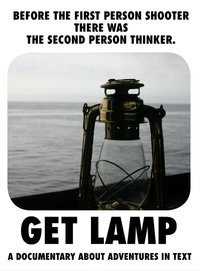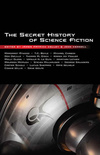Death and the Powers Arrives
The opera and “robot pageant” composed by Tod Machover, directed by Diane Paulis and with a libretto by Robert Pinsky has finally been staged in Monaco. I won’t see it until it comes to the Boston area in a few months, but I’m delighted to see the project reach the stage. Death and the Powers (discussed in this WBUR interview) has been in the works for about a decade. I wrote about it as we rang in the new year (2006) at Grand Text Auto, and I was very pleased to hear the workshop performance of the opera at A.R.T., here in Cambirdge. By now, we not only have the performances in Monaco: The libretto has been printed in Poetry and is available online at the Poetry Foundation. And those of us in the US can look forward to the March arrival of Death and the Powers in Boston.








